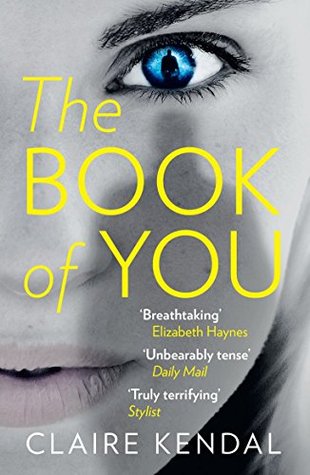 Title: The Space Between
Title: The Space BetweenAuthor: Lauren Keenan
Genre: Historical fiction
Rating: 3.5/5
# pages: 320
Date read: March 2025
A gripping historical novel set amidst the New Zealand Wars in 1860.
How do you choose between two sides, when you don’t belong on either?
Frances is an unmarried Londoner newly landed in colonial Aotearoa at the dawn of the First Taranaki War. Once well-regarded, her family’s impressive fall from grace sees them seeking their fortune in a raw, new country and struggling to learn the strange etiquette of settler life.
When Frances comes face-to-face with Henry White, the man who mysteriously broke her heart a decade earlier, he’s standing outside Thorpe’s General Store with a sack of flour in his arms. Flabbergasted, she is determined to find out why he ended their relationship.
Henry is married now, to the proud and hardy Matāria. Humiliated by her staunch sister Atarangi because of her controversial marriage and their painful past, Matāria lives at the edges of her papakainga. With conflict swelling between her iwi and English settlers, Matāria fears for the lives of her husband and their young twins.
When fighting breaks out, Frances and Matāria find their lives intersecting in surprising, and catastrophic, ways. Each woman must confront her past as she struggles to survive the present, both questioning whether they’ll ever belong, or if they’re doomed to exist in the uncomfortable space between.
I haven't read many books set in New Zealand - and especially not many historical novels set in NZ, so this made for a fascinating read about a period in time I don't know all that much about. It's very well-written, but naturally (given its subject matter) a fairly bleak book. It's ridiculous how horribly indiginous people were treated by colonizers no matter where they arrived. This book may have hit closer to home than most, as I've been to Parihaka Marae, and heard about not just the loss of land, but the loss of this land from people touched by it.
It was a bold move to use so much Te Reo Māori in Matāria's chapters, but I rather liked the fact that everything wasn't translated (even if I would have appreciated a glossary together with the bibliography and historical notes at the end of the book), and most things could be gleaned from context, so I don't feel like I missed out on much.








